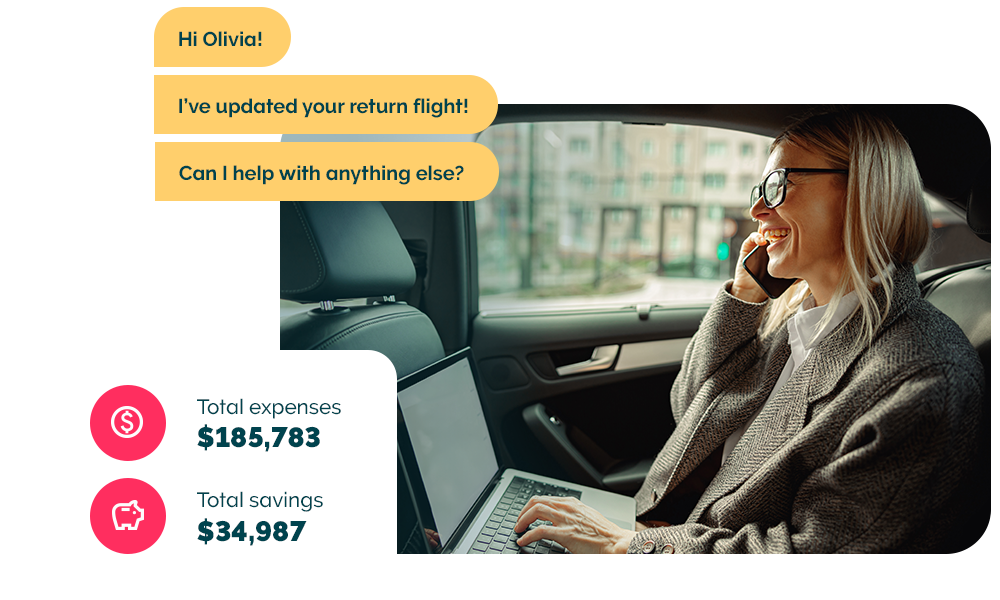
Smart ways to reduce travel costs for business
While global business travel fell dramatically at the start of the COVID-19 pandemic, the lingering effects and ongoing disruptions have created a fast-moving, fluid travel environment, which has resulted in smaller and tighter travel budgets – making travel cost control more critical than ever.
With a little bit of forward planning, you could save thousands of dollars on travel without compromising the comfort of your staff or the efficiency of the journey.

It's time for better business travel management.
With the perfect balance of modern travel technology and dedicated experts, you really can have the best of both worlds.
- Dedicated travel consultant
- Intuitive all-in-one travel platform
- Search, book, and report in minutes
- 24/7 emergency support & live chat
- Traveller tracking & duty of care dashboard
Related stories
About Flight Centre Travel Group
The Flight Centre Travel Group is one of the world’s largest travel retailers and corporate travel managers. The company, which is headquartered in Brisbane, Australia, has company-owned leisure and corporate travel business in dozens of countries, spanning Australia, New Zealand, the Americas, Europe, the United Kingdom, South Africa, the United Arab Emirates, and Asia. ASX listed Flight Centre Travel Group (FLT) also operates the global FCM corporate travel management network, which extends to more than 100 countries through company-owned businesses and independent licensees, along with Corporate Traveller, the flagship business specific to the small-to-medium-sized enterprise sector. For more information, visit fctgl.com.
